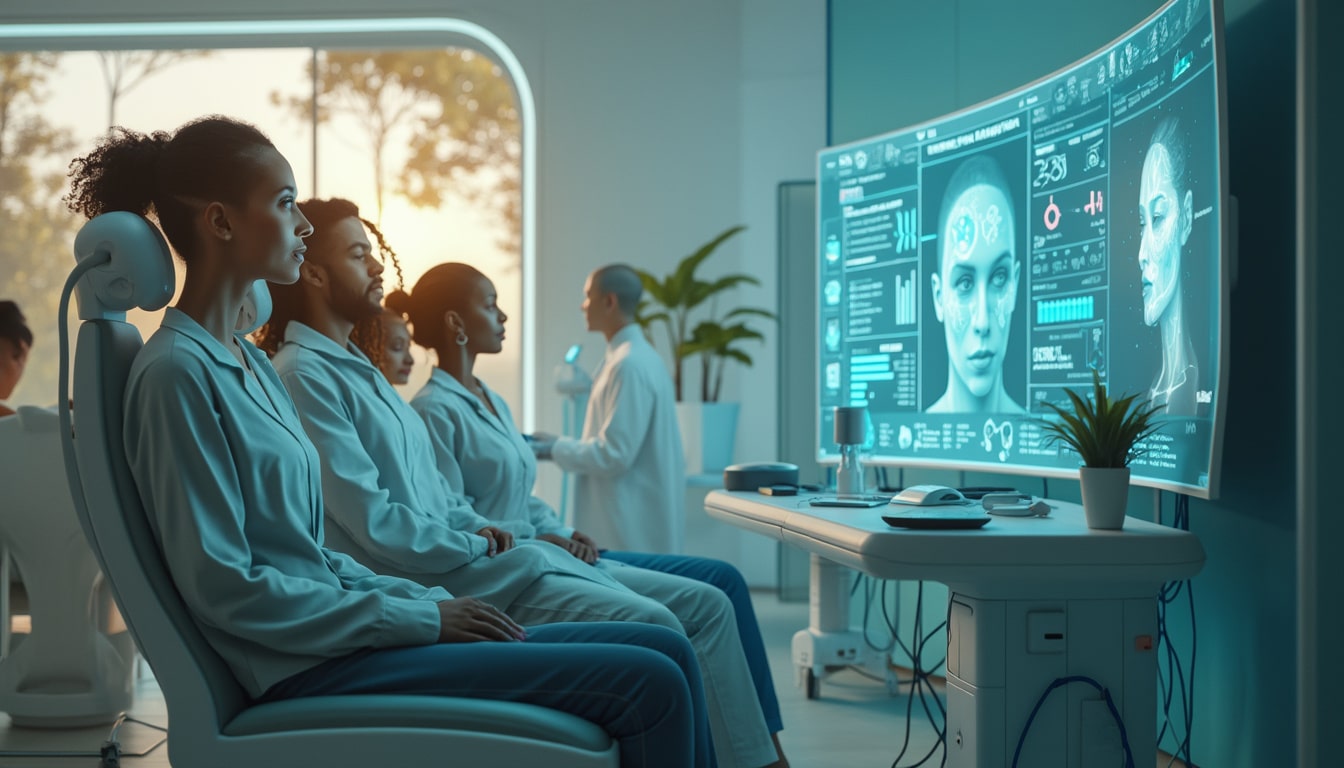Whisper, the transcription tool by OpenAI, is gaining traction in American hospitals for transcribing medical consultations. However, experts warn of its risk due to its tendency to create fictional information.
While Whisper is available through platforms like Microsoft and Oracle, it should not be used in critical contexts. Yet, health institutions are already employing it, despite evidence of its errors, including generating incorrect diagnoses or treatments.
Research highlights Whisper’s unreliability, with studies showing a significant percentage of its transcriptions contain errors known as « hallucinations. » In some cases, Whisper has fabricated racial comments or invented non-existent medications like “hyperactivated antibiotics.”
Despite these issues, Whisper remains popular, with millions of downloads on platforms such as HuggingFace. Nonetheless, experts like William Saunders and Alondra Nelson urge caution, pointing out the dangers of using such technology without understanding its flaws, especially in the sensitive medical field.
The problem of hallucinations also affects other AI models, posing an industry-wide challenge. OpenAI advises against using Whisper for critical decisions, but many companies continue developing similar technologies. The reality is, this AI-driven tool, while innovative, still presents significant risks.

Table of contents
Togglean openai tool’s growing presence in hospitals
Whisper, an AI-driven transcription tool by OpenAI, has made its way into numerous American hospitals, where it’s frequently used to transcribe medical consultations. Despite its increasing popularity among clinicians for its ability to seamlessly convert speech into text, there are major concerns regarding the tool’s reliability. This isn’t just another tech novelty; Whisper has been accused of concocting information that never entered the consultation room. Like a dessert that harmlessly asks, « More sugar perhaps? », Whisper seems to embellish the truth, adding flavors no one ordered. Hilarious if we’re talking banana pudding, maybe not so much for a patient’s medical record.
warnings from the tech industry
Researchers are sounding alarms over the AI tool’s unpredictable quirks. Reports highlight that Whisper can inadvertently produce « hallucinations », inserting fabricated details into medical transcriptions. It’s as if the tool has a vivid imagination, creating scenarios out of thin air that might leave patients scratching their heads or worse, adjusting their glasses questioning, « Did my doctor just recommend moon cheese for my cholesterol? » A research team from the University of Michigan discovered that eight out of ten transcriptions contained such anomalies, setting the stage for possible healthcare blunders.
popularity despite pitfalls
Whisper remains one of the most-used transcription tools in the market, even with its known deficiencies. With 4.2 million downloads in October on HuggingFace, its adoption continues to rise. But this blind faith in tech might elicits the stark reminder that no AI tool, however sophisticated, should be considered foolproof especially in the healthcare sector. Experts caution against the nonchalant reliance on Whisper unless its limitations are fully understood. As Alondra Nelson from Princeton aptly states, « Blind reliance on an AI can swerve you down the wrong aisle of the supermarket called life, leading you to pick up a can of wrong diagnoses! » Isn’t technology supposed to lighten our load rather than invent creative ways to weigh us down?
Metal sheet fabrication is a $280B industry — over 50% of it is done by stamping, bending, and punching.@MachinaLabs_ is effectively combining those processes with their Robo-craftsmen on episode 49 of S³ pic.twitter.com/KrmUDTULo3
— Jason Carman (@jasonjoyride) June 23, 2024














